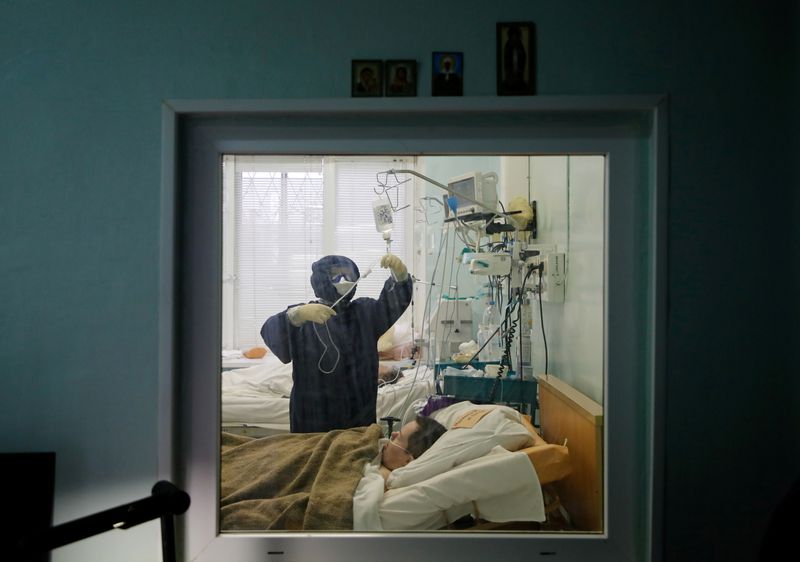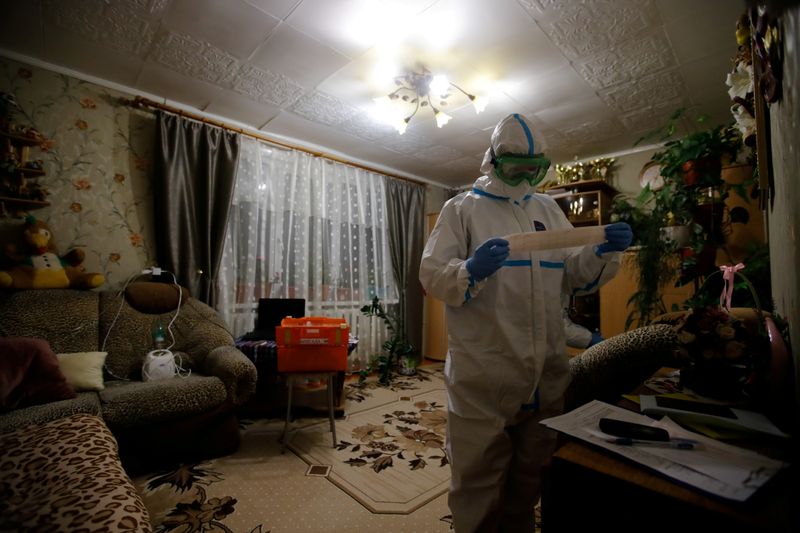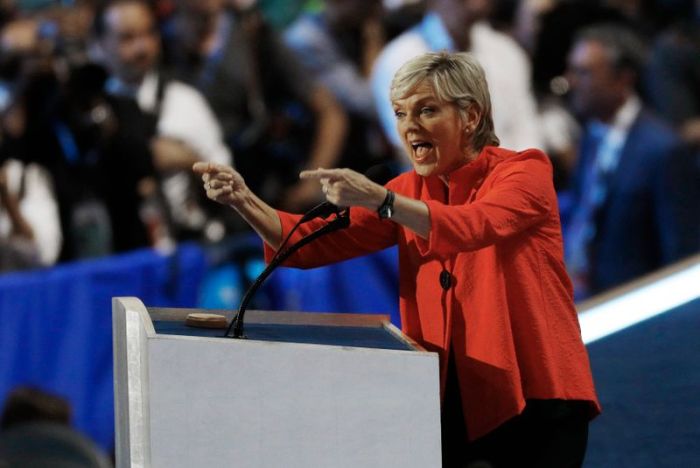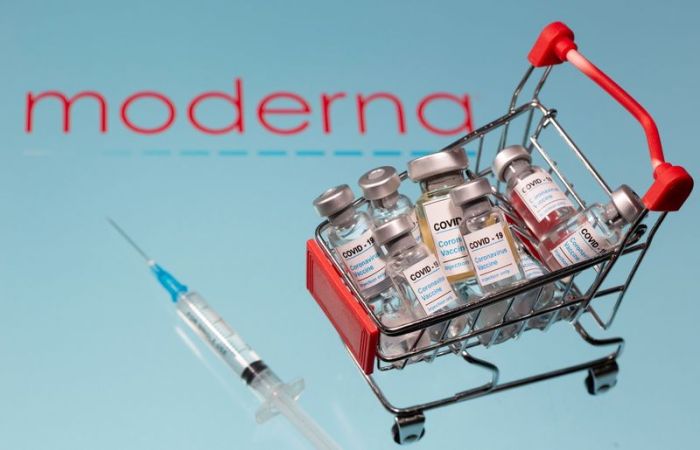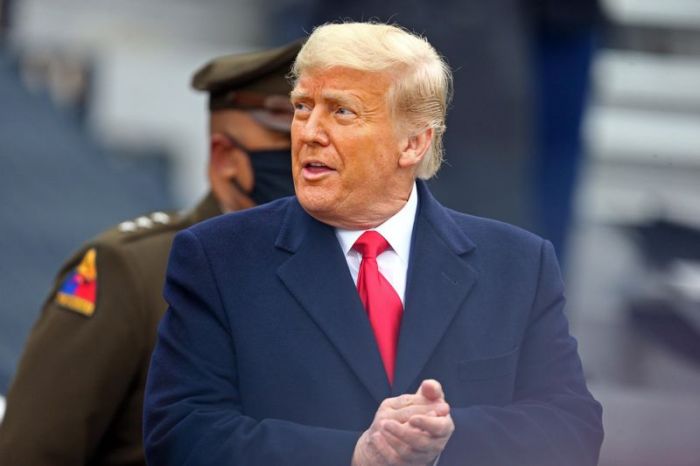MOSCOW (Reuters) – St Petersburg is running out of hospital beds for COVID-19 patients, city authorities said, as one of around half a dozen firms licenced to produce Russia’s Sputnik V vaccine began deliveries across the country.
Biotech group Biocad said on Wednesday it was supplying shots as part of a national inoculation programme. More than 200,000 people in Russia have already been vaccinated against the disease.
Russia is battling a second wave of the virus and, while authorities have so far relied on targeted curbs rather than imposing a second national lockdown to contain it, the Kremlin warned last week that St Petersburg was close to crossing a “red line”.
Oleg Ergashev, deputy governor in the city – Russia’s second largest and President Vladimir Putin’s birthplace – said just 4% of the beds allocated to COVID patients were vacant.
“We understand that additional capacities need to be deployed,” he told local television late on Tuesday.
The city of around 5 million people has recorded 6,529 deaths since the start of the pandemic, compared with 48,564 nationwide.
Sergei Sobyanin, the mayor of Moscow, told the city’s parliament there were about 12,000 people hospitalised there with the virus, leaving a reserve of around 5,000 vacant beds.
The capital did not plan to impose a lockdown or other harsh restrictions over the next few months, he said.
Russia recorded nearly 140,000 deaths in excess of the five-year average between April and October, including more than 50,000 in October, state statistics service data showed.
Epidemiologists say excess mortality is the best way of gauging the number to have died from a disease outbreak because it is internationally comparable.
Data published this week found the Sputnik V vaccine, which Russian regulators approved in August after less than two months of human testing, to be 91.4% effective.
(Reporting by Maria Kiselyova, Tom Balmforth, Polina Nikolskaya and Gleb Stolyarov; Writing by Gabrielle Tétrault-Farber; Editing by Katya Golubkova and John Stonestreet)

